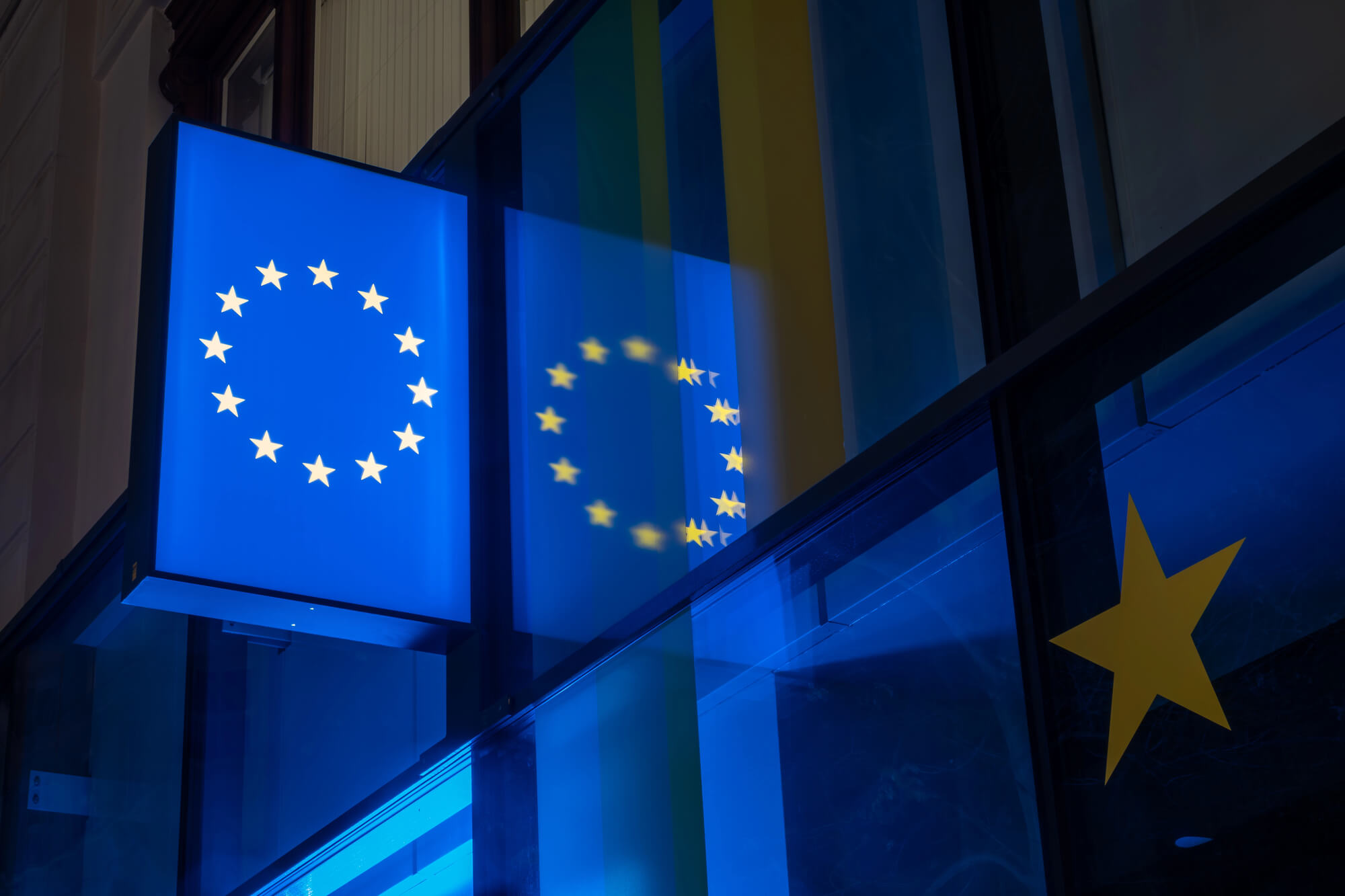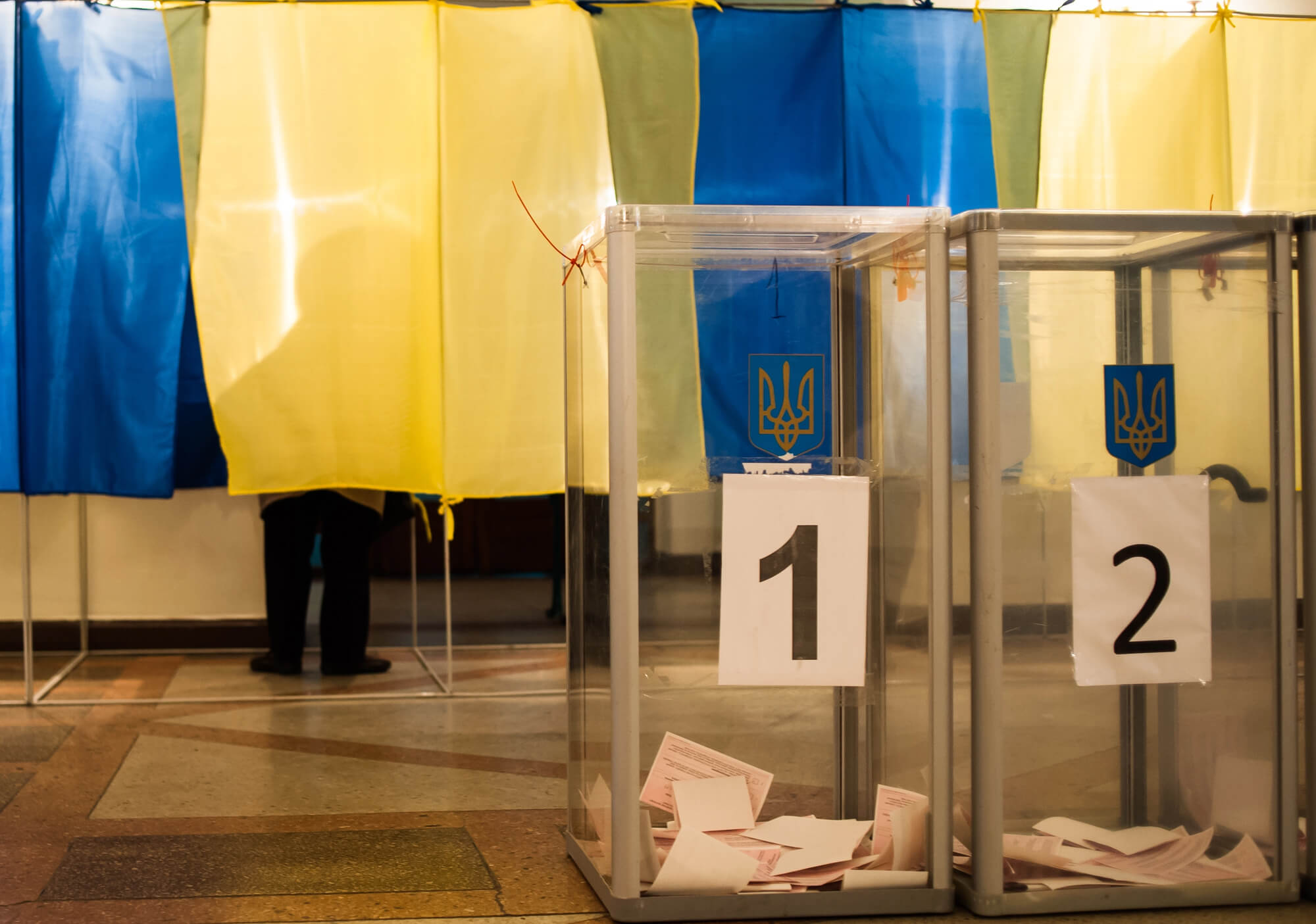This study examines current levels of trust in institutions among Ukrainians. The findings reveal significant skepticism toward nearly all government institutions, with the notable exception of the military. Paradoxically, this widespread distrust does not diminish Ukrainians’ support for their country as a democratic and independent state. A large majority express strong aspirations for democracy and a commitment to an independent and territorially unified Ukraine.
Confidence in government institutions plays an important role in the country’s political life by providing stability in the system and legitimacy to government policy implementation. Similarly, institutional trust supports economic activity by enhancing citizens’ sense of order, promoting participation, cooperation, and even innovation. In the context of Ukraine, the issue of trust in institutions is particularly crucial, as it will influence the overall success of economic reconstruction and equal distribution of opportunities after the war.
Political or institutional trust refers to individuals’ confidence in institutions and political actors, particularly the belief that these entities will act in ways that do not harm citizens. In Ukraine, this trust remains a sensitive issue. It is marked by entrenched skepticism toward governing authorities and institutions, a sentiment likely rooted in the country’s history of foreign occupations. Compared to other post-communist nations, Ukraine stands out as an outlier, having adopted democratic governance yet displaying significantly lower levels of institutional trust.
Low institutional trust is commonly attributed to widespread poverty and significant income inequality. Factors such as insecure employment, limited career growth opportunities, and restricted social mobility exacerbate this distrust by fostering a sense of disillusionment. Government institutions are often viewed as responsible for their inability to implement effective economic, social, and labor market reforms, with corruption regarded as the primary obstacle to such progress.
Remarkably, following the outbreak of the full-scale invasion in February 2022, surveys reported a significant surge in confidence across all types of institutions, reflecting heightened optimism for change. However, this increase was short-lived, with a notable decline in trust observed for all institutions except the military, underscoring a pervasive erosion of confidence in political and governance structures.
This study presents findings from a unique survey designed by the author, focusing on the political values and beliefs of Ukrainians. Data was collected through an online questionnaire administered by Research.ua LLC in November 2024. The questionnaire consisted of 26 questions in total, some of which included a list of sub-questions. Designed in Ukrainian, the survey targeted a representative sample of the Ukrainian population aged 16 to 55. A total of 850 individuals participated, achieving a response rate of 71.2%. The sample corresponds to the population structure in 2022. Of the respondents, 49.8% were female and 50.2% were male. A majority (59.6%) possessed at least a higher education diploma, and 61.3% reported an average monthly household income of up to 20.000 hryvnias. Regional distribution showed that approximately one-third of respondents (28.8%) resided in western Ukraine, while 16.1% lived in northern regions and 13.8% in southern regions. Only 7.5% of participants identified the eastern regions as their permanent residence. The remaining respondents were distributed across central Ukraine (24.9%) and Kyiv, including the surrounding oblast (9.8%).
Political trust was measured by asking respondents to rate their trust in various institutions using a 7-point Likert scale, where 1 indicated “No trust at all” and 7 indicated “Complete trust.” A score of 4 represented neutrality, interpreted as a state of indecision or ambivalence. Beyond standard trust questions, the survey also included novel items evaluating trust in the ability of Ukrainian authorities and politicians to implement specific policy reforms.
Consistent with prior findings, the current survey revealed severe skepticism, often approaching outright distrust, toward most political institutions. Specifically, when rating their trust on the 7-point scale, respondents tended to select a score of approximately 3 (see Figure 1).
Figure 1: Trust Ukraianins have in …
Notably, the highest levels of distrust (ratings of 1, 2, or 3 on a 7-point scale) were directed toward the state apparatus and bureaucrats (81.3%), the Parliament (75.4%), the courts (74.9%), and election committees (69.8%) (see Figure 1). Slightly lower, but still significant, levels of distrust were reported for the national government (62.7%) and local governments (61.0%). In contrast, protective institutions experienced comparatively lower distrust, with 48.8% expressing disbelief in the police and only 13.1% distrusting the army.
This distrust also extended beyond specific institutions to include skepticism about the ability of the Ukrainian authorities and politicians to address various issues in the near future. As Figure 2 suggests, 74.2% of respondents do not trust in the ability of Ukrainian authorities and politicians to ensure political stability in the country. Additionally, 75.6% doubted that the rule of law would be upheld, while 83.5% expressed skepticism about the possibility of reducing corruption. Slightly lower but still significant levels of distrust were recorded regarding the ability to maintain fair and transparent elections (68.9%) or freedom of speech (69%) and ensure national security (55.5%).
Figure 2: Do you trust that Ukrainian authorities and politicians are able to ...
Similarly, there is significant skepticism regarding the authorities' ability to implement changes in the economic domain. 74.9% of respondents do not believe that authorities can promote overall economic improvements. For example, 84.9% doubt that authorities can reduce poverty, 84.1% are distrustful of efforts to reduce income inequality, and 72.1% do not believe that the authorities will improve employment security. Finally, 75.8% expressed the same disbelief regarding the authorities' ability to secure social protection for the population of Ukraine.
This trust in the ability of Ukrainian authorities and politicians to implement various reforms is strongly correlated with trust in different political institutions (the coefficients are between 0.5 and 0.9, excluding the army). This reflects the widespread problems Ukraine faces across multiple domains and the general inability of political institutions to effectively address them.
Overall, political trust in Ukraine appears to have returned to its pre-war baseline. Pre-war surveys reported similar levels of trust across most political institutions, indicating that Ukraine generally maintains a low equilibrium level of confidence. This suggests that, despite significant deviations caused by shock events, Ukrainians tend to revert to this baseline trust over time, which remains consistently low.
This low level of institutional trust contradicts key ideas proposed by conflict theory. External conflicts are typically expected to create a unifying shock, bringing individuals together within society and with the state to confront a common enemy. Such shocks are thought to trigger radical change, potentially shifting the country onto a new institutional path that could resolve pre-existing issues. However, this was not the case in Ukraine. Instead, the prolonged conflict exacerbated the situation, returning Ukrainians to profound disbelief in all institutions, except for the military.
Nonetheless, this phenomenon manifested in a distinct way in Ukraine. In the context of a war for independence from Russia, which is inherently a struggle for democracy, individuals express profound distrust in democratic institutions, including the government, parliament, election commissions, local governments, and courts. However, this distrust does not diminish Ukrainians' aspirations for democracy or their belief in Ukraine as an independent state. This suggests that low trust in institutions does not undermine the legitimacy of the democratic regime in the country.
Figure 3. The importance of democracy and independence reported by Ukrainians in November 2024
Specifically, respondents were asked to rate the importance of certain issues on a scale from 1 ("Not at all important") to 7 ("Totally important"). The results revealed that 80.7% of participants recognized the importance of Ukraine remaining a democratic country, 83.3% believed that citizens should use their voice to influence both national and local politics. 88.6% emphasized the significance of Ukraine's independence, while 82.5% viewed territorial unity as important to them. Furthermore, 83.8% declared that Ukrainian should be the country's official language.
The correlation between the above attitudes and trust in institutions has been estimated to be very low ranging primarily between 0.02 and 0.20. Thus, the widespread skepticism among Ukrainians regarding the functioning of political institutions and their ability to provide a stable and prosperous future does not appear to undermine support for the political regime itself. Rather, the distrust seems to be directed only at the institutions and, more likely, the politicians who represent them.
Based on this data, two important conclusions can be drawn regarding institutional trust in Ukraine. First, the Ukrainian population has the potential to develop higher levels of institutional trust. While many studies categorize Ukraine as a low-trust society, with a baseline level of trust traditionally seen as low and difficult to surpass, the sustained high trust in the military indicates that improvement is possible. Under the right conditions (specifically, correct communication of government with citizens) Ukraine has the potential to elevate overall trust in institutions to levels seen in high-performing countries.
Second, institutional trust among Ukrainians is likely to be strategic and closely tied to institutional performance. However, as demonstrated by trust in the military, this performance is not always assessed solely on actual outcomes but often on the perceived effort institutions put into achieving those outcomes. As the current survey shows, trust in the army and satisfaction with its performance score approximately 6 out of 7. Despite the prolonged stalemate in the war, constant missile attacks, and the inability to halt the Russian army's advances, trust in the military remains strong. This trust persists because the public recognizes that the army is doing everything possible under very difficult circumstances.
By extension, this means that Ukrainians do not expect that poverty and income inequality can be eliminated overnight to start believing in the institutions. They only desire to see a sincere effort of the government (in the broad sense) to tackle these problems. This means that politicians should try harder to convince people that they want to act in their interest in order to elicit sufficient institutional trust among Ukrainians. This could involve transparent communication about the steps being taken to address various problems, as well as visible actions that demonstrate progress. Effective engagement, accountability, and tangible improvements are key to convincing the public that their leaders are genuinely working for the nation’s benefit.
Photo: depositphotos.com/ua
Attention
The author doesn`t work for, consult to, own shares in or receive funding from any company or organization that would benefit from this article, and have no relevant affiliations



